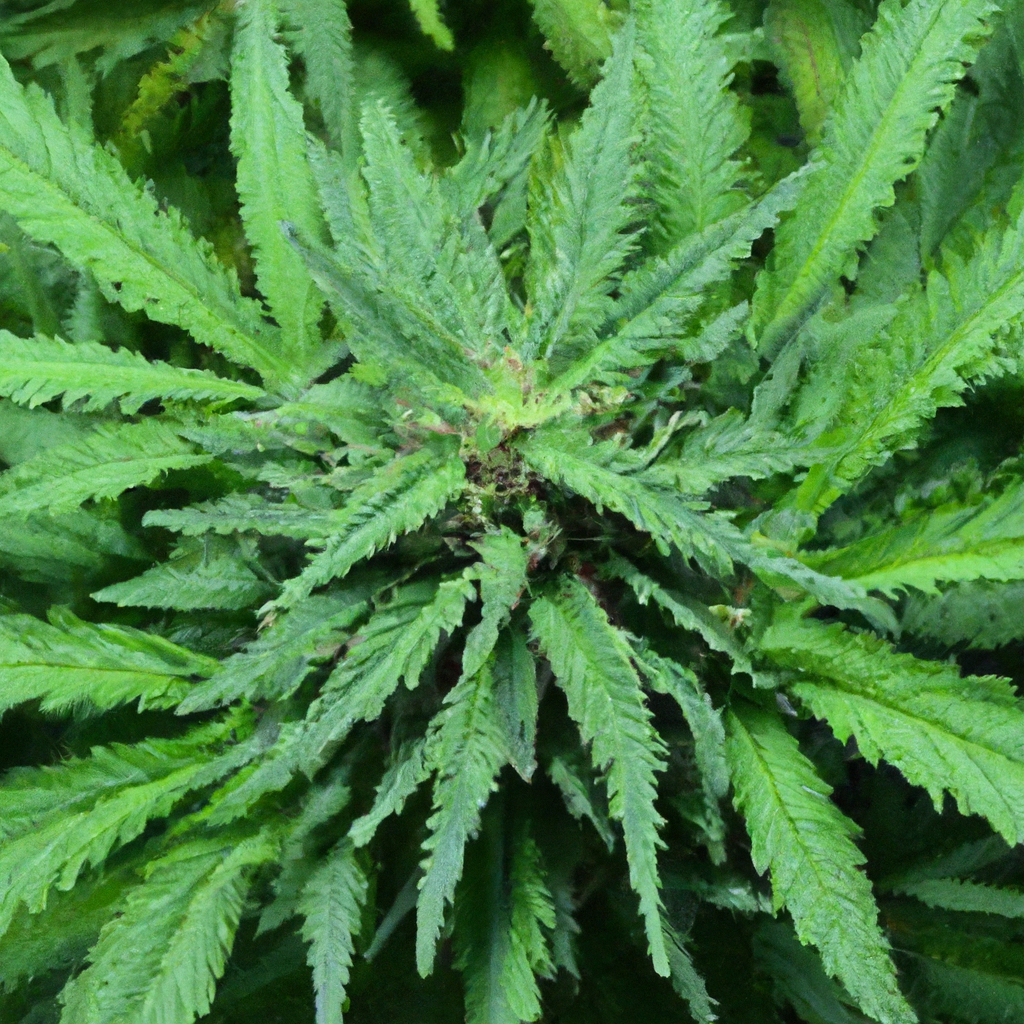Your cart is currently empty!
Organic cannabis cultivation is not just a trend—it’s a commitment to sustainability and environmental stewardship. Understanding the core principles of organic growing can transform your cannabis garden into a flourishing ecosystem. This guide explores best practices for using natural fertilizers, fostering healthy soil ecosystems, and employing organic pest control methods, ensuring a greener and healthier yield.
Nurturing Healthy Soil Ecosystems
The foundation of successful organic cannabis cultivation lies in the soil. Rich in nutrients and teeming with beneficial microbes, organic soil supports robust plant growth. Here’s how to prepare and maintain a healthy soil ecosystem:
- Composting: Utilize kitchen scraps and plant debris to create nutrient-rich compost. Incorporate it into your soil to enhance its fertility.
- Cover Crops: Plant cover crops like clover or alfalfa to prevent erosion, enhance soil structure, and fix nitrogen levels.
- Soil Amendments: Add organic matter such as peat moss or aged manure to improve soil texture and moisture retention.
The Role of Natural Fertilizers
Say goodbye to synthetic fertilizers and embrace natural alternatives that promote soil health and plant vigor:
- Bone Meal: A great source of phosphorous, bone meal supports root development and flowering.
- Fish Emulsion: This nitrogen-rich liquid fertilizer derived from fish waste boosts plant growth and leaf production.
- Compost Tea: Brew a compost tea to provide plants with beneficial bacteria and fungi that combat pathogens and improve nutrient uptake.
Organic Pest Control Strategies
Pests are inevitable, but managing them without chemicals is crucial for an organic grow. Employ these eco-friendly pest control methods:
- Beneficial Insects: Release ladybugs or predatory mites that naturally prey on common cannabis pests like aphids and spider mites.
- Neem Oil: Derived from the seeds of the neem tree, this oil acts as an effective deterrent against many cannabis pests without harming beneficial insects.
- Garlic Spray: A homemade garlic spray can repel pests due to its potent aroma and insecticidal properties.
Embracing Sustainability in Cultivation
Adopting sustainable practices not only benefits the environment but also enhances your plants’ resilience. Here’s how to ensure sustainable cannabis cultivation:
- Water Conservation: Implement drip irrigation systems to minimize water waste and promote efficient water usage.
- Energy Efficiency: Use energy-efficient LED grow lights to reduce electricity consumption and heat production.
- Recycling and Reusing: Recycle pots and growing materials, and reuse rainwater for irrigation.
Conclusion: The Benefits of Organic Cannabis
Organic cannabis is not only superior for the planet but also for consumers, offering a cleaner, purer product free from synthetic chemicals. By fostering a natural, sustainable environment, organic growers can produce more potent and flavorful cannabis that aligns with eco-conscious values. Embrace these organic cultivation methods to contribute positively to your health, your community, and the Earth.
Discover more from Magic Clones
Subscribe to get the latest posts sent to your email.


Leave a Reply